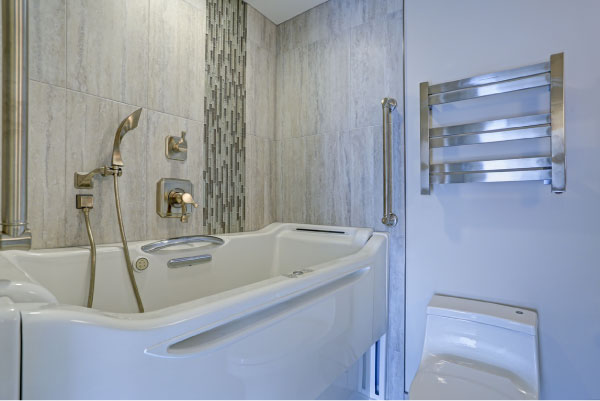
A walk-in tub is an important home modification for aging in place, helping seniors avoid falls and injuries in their bathrooms. But will Medicare pay for a walk-in tub?
In most cases, traditional Medicare and supplemental Medicare insurance (Medigap) plans will not pay for a walk-in tub.
Medicare Parts A & B cover “durable medical equipment (DME),” when prescribed by a doctor, but they don’t consider many safety devices like walk-in tubs and stair lifts to be either “medically necessary” or DME.
Even so, many seniors and people with disabilities could benefit from a walk-in tub. Each year, the health care costs associated with falls cost an estimated $31 billion. Falls are the leading cause of injury among seniors, and many serious falls happen in the bathroom. Learn how to choose the best walk-in tub for seniors for your senior bathroom makeover.
Fortunately, there are other ways to get help paying for a walk-in tub.
Medicare Offers Very Limited Coverage for Walk-in Tubs
In a few specific cases, Medicare may cover part of the total cost of a walk-in tub. Note that you will have to pay the costs associated with the purchase and installation yourself, and then ask for reimbursement. Be prepared to provide substantial documentation with your reimbursement request:
- A medical diagnosis from your Medicare-approved physician stating that the walk-in tub is a medical necessity.
- A written prescription that details why the walk-in tub is necessary, along with specific features required.
- Show that you purchased it from a Medicare-approved supplier.
Even if Medicare pays for the tub, you’ll still have to cover any co-pays required by Medicare Part B and/or your supplemental insurance. Make sure you know all the costs up-front (including estimates on any structural renovations needed in your home) before you purchase. There are no guarantees that Medicare will reimburse you, even with a prescription and other documentation.
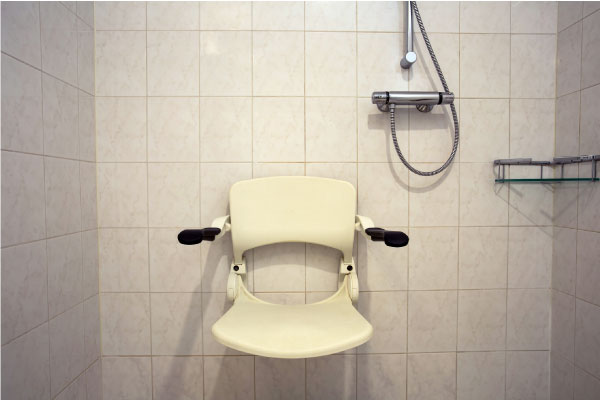
Medicare Advantage (Part C) Plans and Walk-in Tubs
Medicare Part C plans are most often referred to as Medicare Advantage (MA). They’re offered by private insurance companies who are allowed to provide an enhanced set of benefits not usually covered by Medicare Parts A & B. For example, some MA plans offer health club memberships, vision and dental coverage, and more. If your MA plan has an (OTC) allowance amount, you may be able to use those funds to help pay for a walk-in tub.
Consult with your Medicare Advantage provider so see if there is any coverage available for a walk-in tub. Be prepared to provide a physician prescription and other documentation.
Some State Medicaid Programs may Cover a Walk-in Tub
Medicaid coverage and eligibility requirements vary from state-to-state because individual states set their own rules (subject to federal oversight). Some state Medicaid systems operate under Home and Community Based Services (HCBS) waivers. Those waivers allow states to implement programs designed to help people receive care at home and remain in their own communities instead of entering long-term care.
Visit the Medicaid.gov State Overview page to get more information about state programs and contact information for Medicaid in your state.
Eligible Veterans may Qualify for Home Modification Assistance
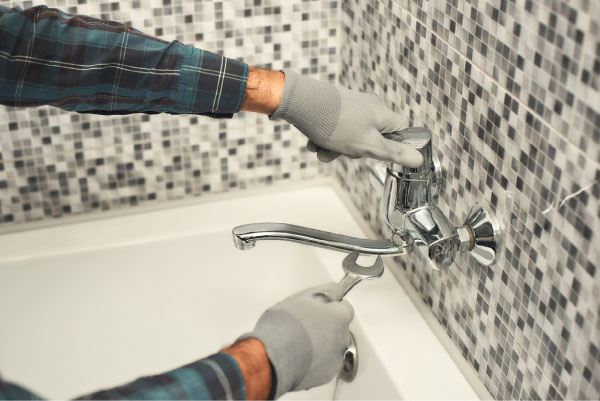
The Department of Veterans Affairs (VA) offers Home Improvements and Structural Alternations (HISA) grants to qualified veterans. The grants offer assistance to “disabled veterans with service-connected medical issues (and in some cases, non-service-connected issues) who need to make alterations to their homes.“
Any renovations must be prescribed by a VA physician and declared “medically necessary.” As of 2021, the lifetime cap on benefits is $6800. Recipients can use the grant money for the following purposes:.
- Installing or modifying essential bathroom and self-care facilities
- Improving plumbing or electrical systems to accommodate medical equipment
- Modifying entrances and exits
- Modifying kitchen & bathroom sinks, counters, surfaces, etc.
- Improving entrance paths or driveways with ramps
The first two purposes are directly related to walk-in tubs. Veterans with service-related disabilities should contact the VA to learn if they are eligible for HISA grants.
Affordable Alternatives to a Walk-in Tub
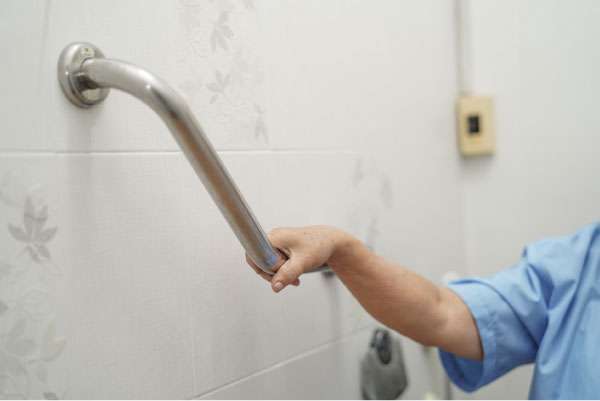
What happens if you’re not eligible for any monetary assistance and can’t afford a walk-in tub or you can’t install one for other reasons – such as living in a rental property? There are alternatives to a walk-in tub that can make your self-care easier and safer.
- Shower chair: The price for a shower chair or stools ranges from $30-$300 depending on the type and options you choose. Most are portable, but some models can be attached to the wall of the tub or shower for exta stability. The portable ones don’t require any structural renovation, and you can take them with you when you travel or move to a new residence. Learn how to choose the best shower chair for your needs.
- Grab bars: Place them in the shower/tub area and nearby to help prevent falls.
Unfortunately, Medicare doesn’t cover shower chairs or grab bars. It categorizes them as “comfort or convenience items” that aren’t “medically necessary.” Some Medicare Advantage plans however, will cover them, so check with your MA provider.
Stay Safe in the Bathroom!
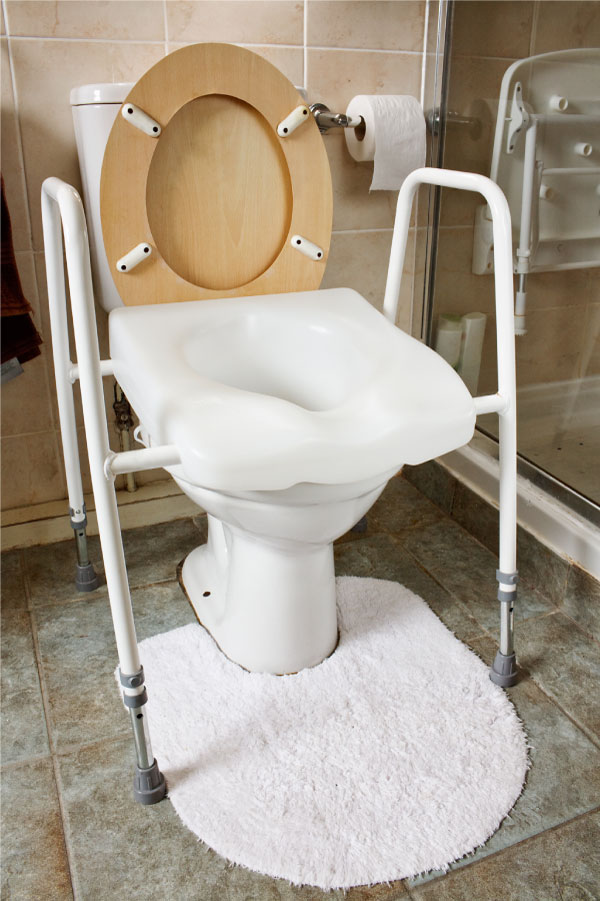
No matter what your age, bathrooms can be dangerous places. Walk-in tubs, shower chairs, grab bars, raised toilet seats, and other safety equipment can help prevent dangerous falls. However, if the worst happens, make sure you have a way to call for help.
GetSafe specializes in medical alerts that you don’t have to wear. With our standard or wall-activated wall buttons, help is just a call away. You can easily summon help by pulling a cord, pushing a button, or simply telling the system to “Call 9-1-1.”
Contact us at 1-888-799-6255 to learn more about GetSafe medical alert systems and how you can try one risk free.







